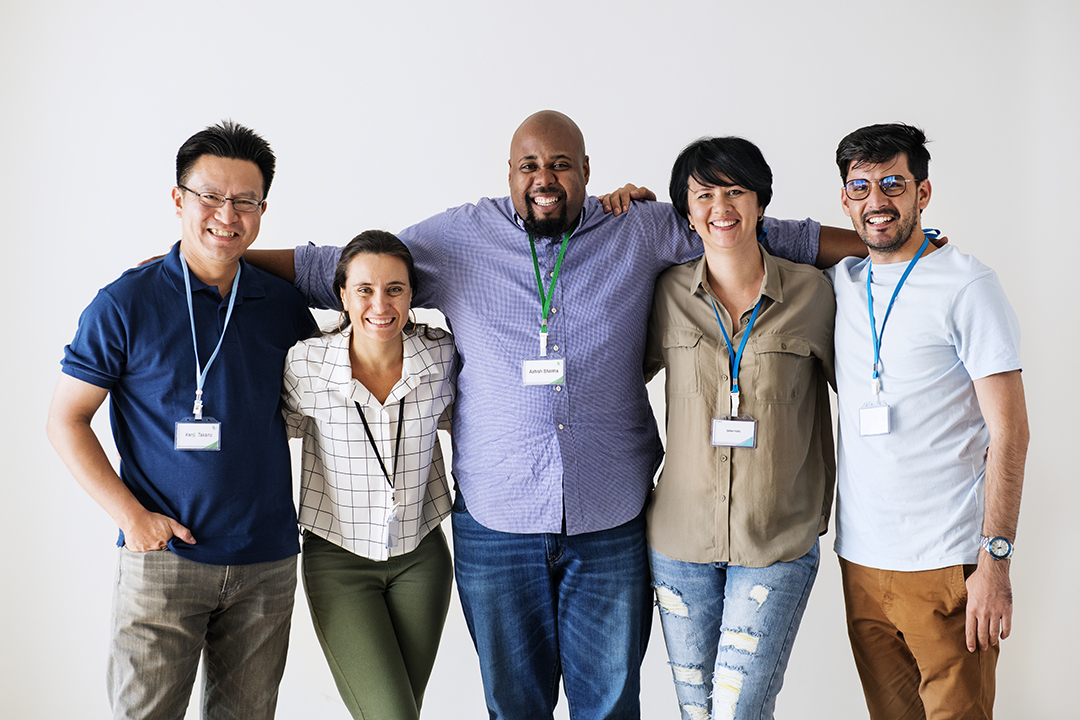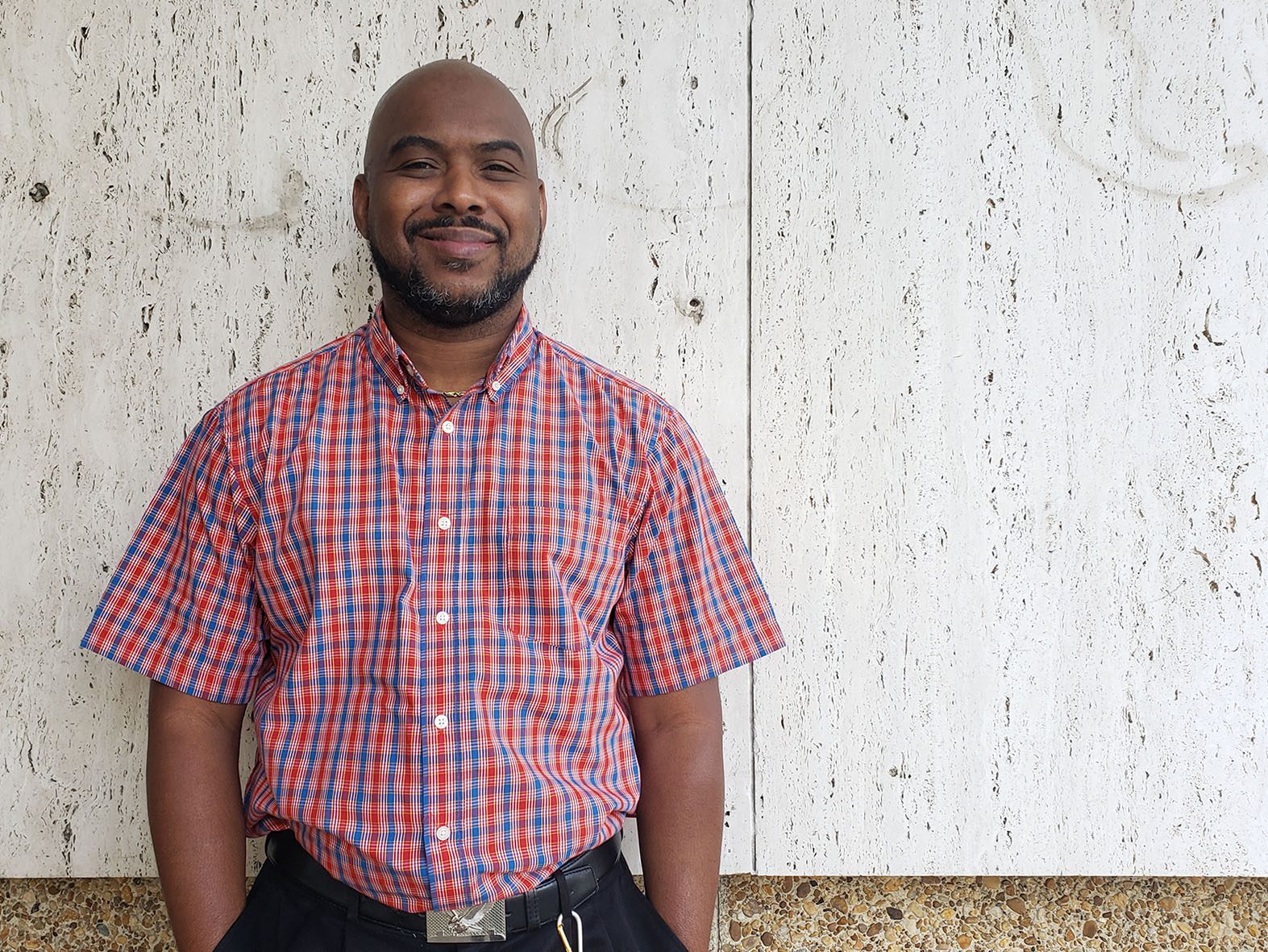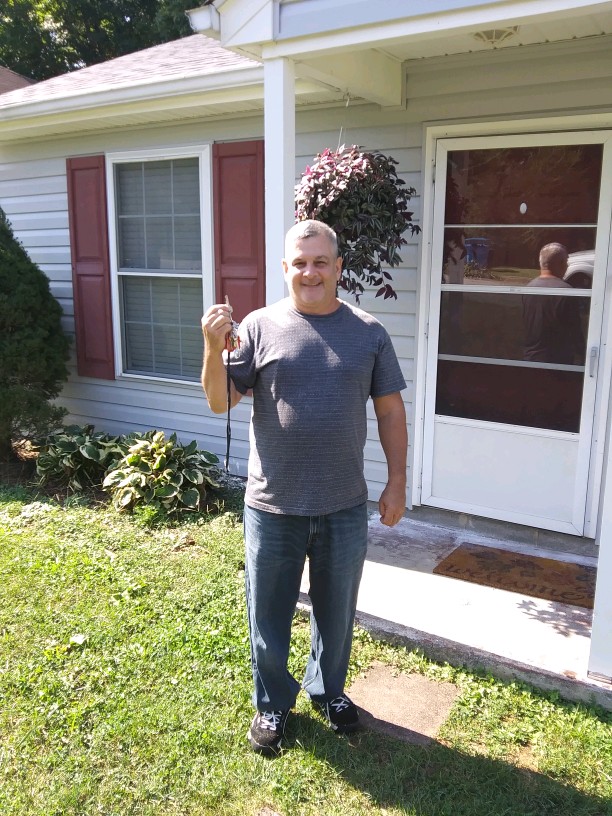Three Myths About Volunteering at TAP Tax Clinic
Volunteering has been proven to help people feel better and improve communities, but you have to pay the bills, right? TAP Tax Clinic offers temporary paid positions too. As a paid tax preparer, you can work as many hours as you want.
Volunteering at TAP Tax Clinic
Each year, with the help of volunteers, we file over 1,000 free tax returns for low-income residents of the Roanoke Valley. Over the past 18 years, here are the three biggest barriers our volunteers have told us worried them about volunteering at Tax Clinic—and why they turned out not such a big deal!
Most people say they want to volunteer. Most also have a hard time committing. TAP’s Tax Clinic, however, has run since 2002 because some dedicated volunteers make the time and commitment to help their neighbors claim their hard-earned money each year.
Myth: I don’t know enough about tax return preparation
Most people don’t – at first. We don’t expect you to be an expert in tax law to help out. Volunteers receive training through Link & Learn Taxes, an online training program used by the IRS. Additionally, our certified tax site coordinator provides personal training to make sure you’re confident in your knowledge. Sherman Witcher, a Tax Clinic volunteer in 2019 while attending Virginia Western Community College, said “knowing almost nothing about tax return preparation, it was somewhat intimidating to dive in headfirst, but the IRS training modules are tailored to people who have little to no background.”
After moving from Ukraine in 2016, Sofiia Melnyk was a Tax Clinic client in 2018. She had no idea how the filing process worked, but decided to volunteer in order to get experience in accounting. She put in 15 hours per week at the Tax Clinic and helped over one hundred families file tax returns for free with no rejections.
Over the almost two decades of operating the tax clinic, we’ve had many volunteers come to us with no prior experience in tax return preparation. However, each year, volunteers are able to get the training they need to help over 1,000 people file their tax returns without even a single rejection.
Myth: I don’t have enough time
We understand that schedules today are packed with work, soccer practice, making dinner, class, etc. That’s why the TAP Tax Clinic offers a training program that is online. Link & Learn Taxes is self-paced, meaning you can complete it has you find time in your day.
“With the online modules,” Witcher said, “I could easily study the material without having to drive 40 minutes from Franklin County.”
Once the training is complete and you’re ready to prepare tax returns, you can offer as much time as you want or as little time to the Tax Clinic as you are able. “I was able to build my own schedule that worked with my college classes,” said Melnyk. Every little bit helps. The Tax Clinic is open 9 AM to 4 PM every weekday between January and April 15, and we welcome any hours you can help.
Myth: I have to pay the bills
“TAP provided me competitive pay, and I was able to orient my hours to fit my schedule,” said Witcher. The number of these positions is limited, so if you’re interested, contact us today. As a bonus, you’ll learn how to file your own taxes and perhaps take advantage of credits you’re owed.
Other Benefits
Research shows that volunteering has many benefits. Aside from the benefits mentioned above, here are a few more that volunteering at the Tax Clinic offers:
Help community
This one’s obvious. TAP Tax Clinic offers free tax preparation for low-income Roanokers who may otherwise spend a majority of any refund for a paid service or may miss out on important credits. When recounting her time volunteering at the Tax Clinic, Melnyk remembered a client who was overjoyed after discovering that she didn’t owe thousands in taxes, but in fact would be receiving a refund. “There were so many people who made me feel that my volunteering time truly mattered,” Melnyk said, “It was a rewarding experience.” If you’re looking for a way to make Roanoke a better place, the Tax Clinic is a great opportunity.
Meet people & feel better
Volunteering has been proven to lower feelings of loneliness. Beyond that, a study by Indiana University’s School of Philanthropy found that volunteering lowered stress, reduced feelings of depression, and elevated mood. In fact, the study found that volunteers spend 38% fewer nights spent in the hospital.
Professional advancement
Volunteering at the TAP Tax Clinic will give you new skills and hone your knowledge of tax law. The résumé-building potential is enough for anyone to sign up. Students like Melnyk and Witcher, especially those in business, accounting, or finance, can get experience and possibly earn course credit from volunteering, and professionals can earn licensing credits. There’s opportunity for people of all skill levels. Witcher feels like the volunteer time at the Tax Clinic boosted his résumé. “I think that students should seek to distinguish themselves from their peers, and TAP is a great outlet for doing so,” he said.
For almost 20 years, the TAP Tax Clinic has been assisting families in the Roanoke Valley by providing free tax return preparation. This program is one of the most popular at TAP, helping over 1,000 people each year. If you would like to help out by volunteering or to ask about one of the paid positions at the Tax Clinic, the deadline join is December 15, 2019.
Sign up to Volunteer or Find Out More
Get involved: please call Teffany at 540-283-4916 or e-mail her at teffany.henderson@nulltapintohope.org.



